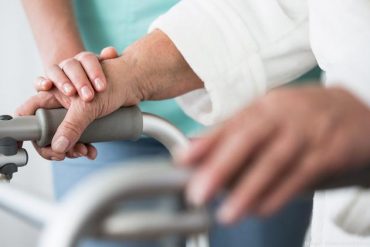With all the focus on food – what to eat or not to eat, the impact of water on blood sugar levels has been underplayed. Drinking water and staying hydrated can have significant impact on your blood sugar control too.
Why Does Drinking Water Help in in Blood Sugar Control?
Your blood is made up of 83 percent of water. When you are dehydrated, you lose water in your body and blood whilst the sugar remains the same. This results in more concentrated blood sugar which means a higher level of blood sugar. Therefore, this is why you need to always stay hydrated when you have diabetes.
On the other hand, drinking more water when your blood sugar levels are high can also help bring down your blood sugar levels. This is because your body will try to purge the excess sugar through urination. In order to do that your body needs fluids to facilitate the flushing out of extra sugar.
Staying hydrated not only helps in blood sugar control but can also aid in weight loss, relieving constipation, treating headaches and improving overall physical and mental performance.
How Much Water Should You Drink?
So how much of water should you drink? An average person is said to lose about ten cups ( 1 cup ~ 240 ml) of water each day through urination and sweat. In the same way, a person will gain fluid from eating various foods and drinking liquids.
The common knowledge is to drink at least eight glasses of water (close to 2 litres in total) each day. While this amount is highly recommended, it is only a guideline for you. Every individual requires different amounts of water due to having different body types. The best way to know how much water should you drink is by checking the color of your urine. The urine of a person that is well hydrated should be a very mild yellow, nearer to colorless. However, if it is darker yellow, then you may need to consume more fluids.
Of course, you also need to follow your intuition. If you are feeling thirsty, go ahead and drink water. If you are sick, then you definitely need to drink even more water.




